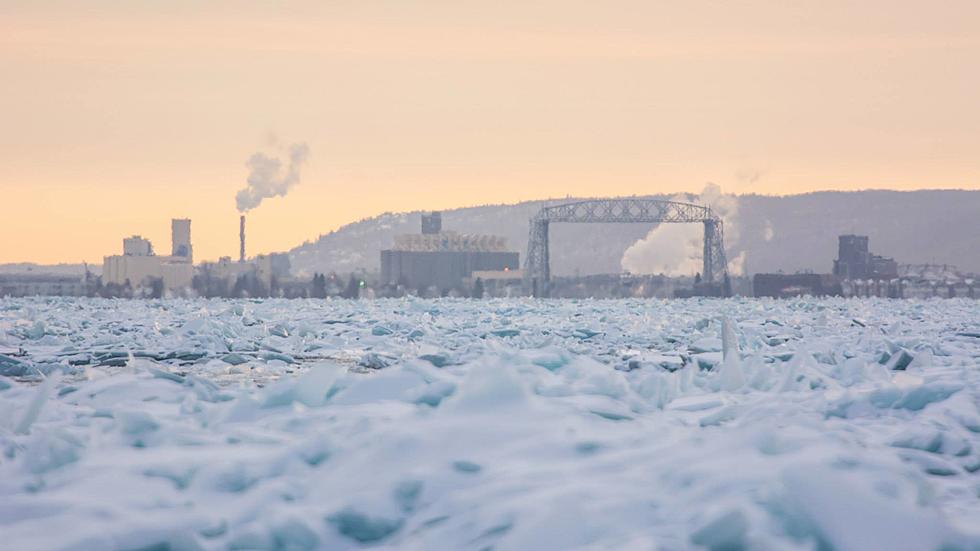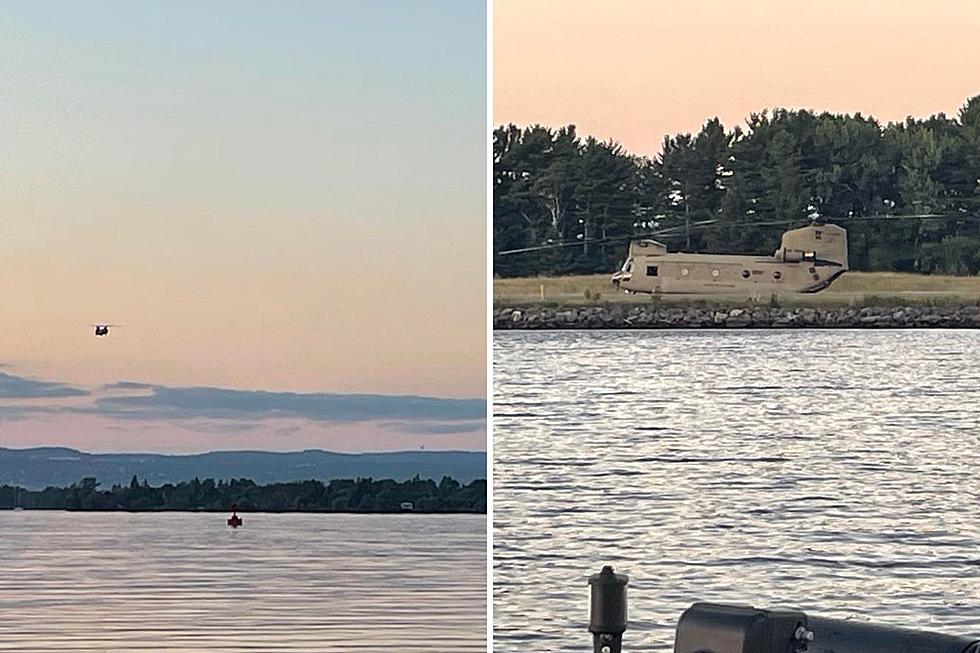
Forget ‘Cold Water Challenge’, the U.S. Army Corps of Engineers Reminds Us That Ship Canal Not Meant For Swimming, Pier Not Meant For Jumping
Perhaps you've seen the 'Cold Water Challenge For Cancer' on Facebook or other social media, encouraging people to jump into ice cold water. Well, it's a horrible idea to jump into any ice cold water unless during an intensely organized event like the Polar Bear Plunge, which is heavily supervised by medical professionals.
Especially dangerous is going near the water in the Twin Ports ship canal, which a local college student nearly found out the hard way.
Yesterday afternoon a U.S. Army Corps of Engineers employee stopped a college aged student from jumping off the Duluth piers into the freezing water of the Duluth Ship Canal, in Duluth. She said, she was taking the ‘Cold Water Challenge for Cancer,’ a social media challenge to raise breast cancer awareness.
The Corps employee from the Duluth Vessel Yard was working on the concrete replacement
project on the visitor center ramp when he happened to look up and see her on top of the wall, ready to jump.
He may have saved her life when he called out to her and convinced her not to jump by
explaining the "mammalian diving reflex" or what is also called the "gasp reflex," when the
shock of the cold water causes the person jumping to take water into their lungs. According to scientists, because of the reflex, humans “drown” when the automatic reflex to breathe forces us to inhale water into our lungs; suffocation, unconsciousness, and death follow.
In addition to the dangers of the cold water it is often against local ordinances to jump from the piers at Corps projects or swim in the federal navigational channel. Many projects have hidden dangers including underwater cables, large rocks, strong currents, and undertows that have killed many unsuspecting divers and swimmers. The water depth at the location of the preempted jump is approximately 30 feet where strong currents both inbound and outbound are often present.
The Corps emphasizes that the construction of piers, breakwaters and harbors is to tame wave action and provide shelter for vessels. Recreational use is not advised or intended.
More From B105









